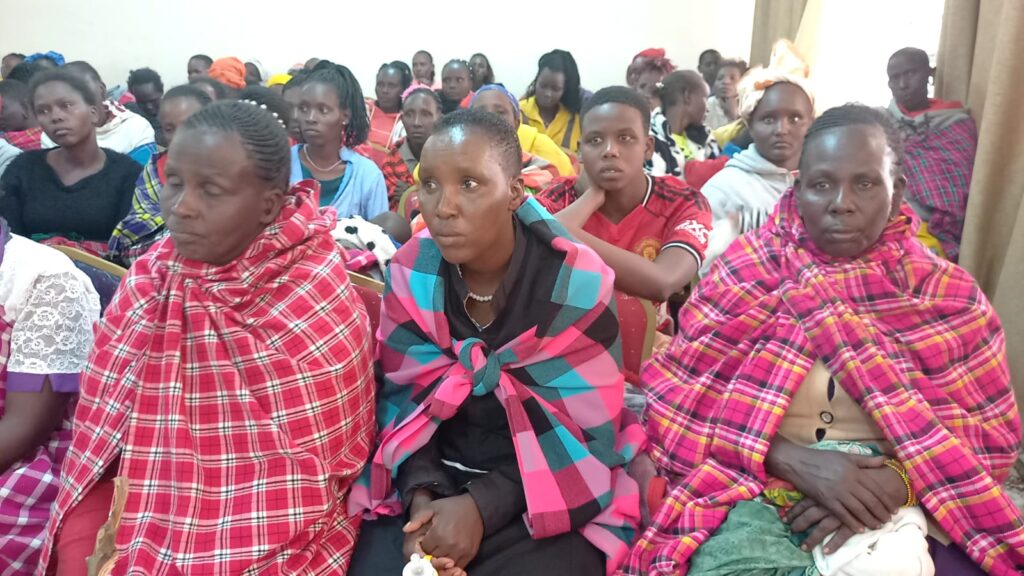The government has revoked licenses for nine bars in Nchurra Eobori, Narok Central Subcounty, following public outcry from hundreds of women over escalating cases of sexual harassment and the unchecked sale of illicit alcohol.
In a powerful protest, women marched to the County Commissioner’s office, demanding action over repeated incidents of sexual assault allegedly perpetrated by intoxicated men. According to the demonstrators, many women and girls have been attacked while fetching water from the river or collecting firewood in nearby bushes.
“They are dragged into maize fields or forests and raped. The perpetrators vanish, and most victims suffer in silence,” said Pastor Judy Kishoyian, who has taken on the task of counselling survivors. She urged authorities to not only shut down illegal drinking spots but also provide support systems for affected women.
The protestors accused local bar operators of flouting regulations by opening their establishments during prohibited hours and selling unauthorized, cheap alcoholic brews. They argued that this has led to rampant drunkenness and insecurity in the community.
Mary Kosen, another protestor, lamented the increasing drug and alcohol abuse among school and college students. “Our children no longer focus on studies or help at home. They are wasting their lives in these drinking dens,” she said.
Responding to the outcry, Deputy County Commissioner Kennedy Mwangome assured the women of the government’s firm stance against illicit brews and its commitment to citizen safety. He warned that anyone found selling alcohol in the area would face arrest and prosecution.
“Those brewing and selling alcohol from their homes should take this as a final warning. We’ve tightened security and will not allow this lawlessness to continue,” Mwangome declared.
Narok Central Subcounty Police Commander John Momanyi confirmed that police patrols had been intensified to ensure no unlicensed alcohol dealers operate in the area.
The move to ban alcohol in Nchurra Eobori underscores growing concern over the impact of unregulated liquor on public safety, especially for women and youth. Community members are now calling for long-term interventions, including rehabilitation programs and youth empowerment initiatives.

